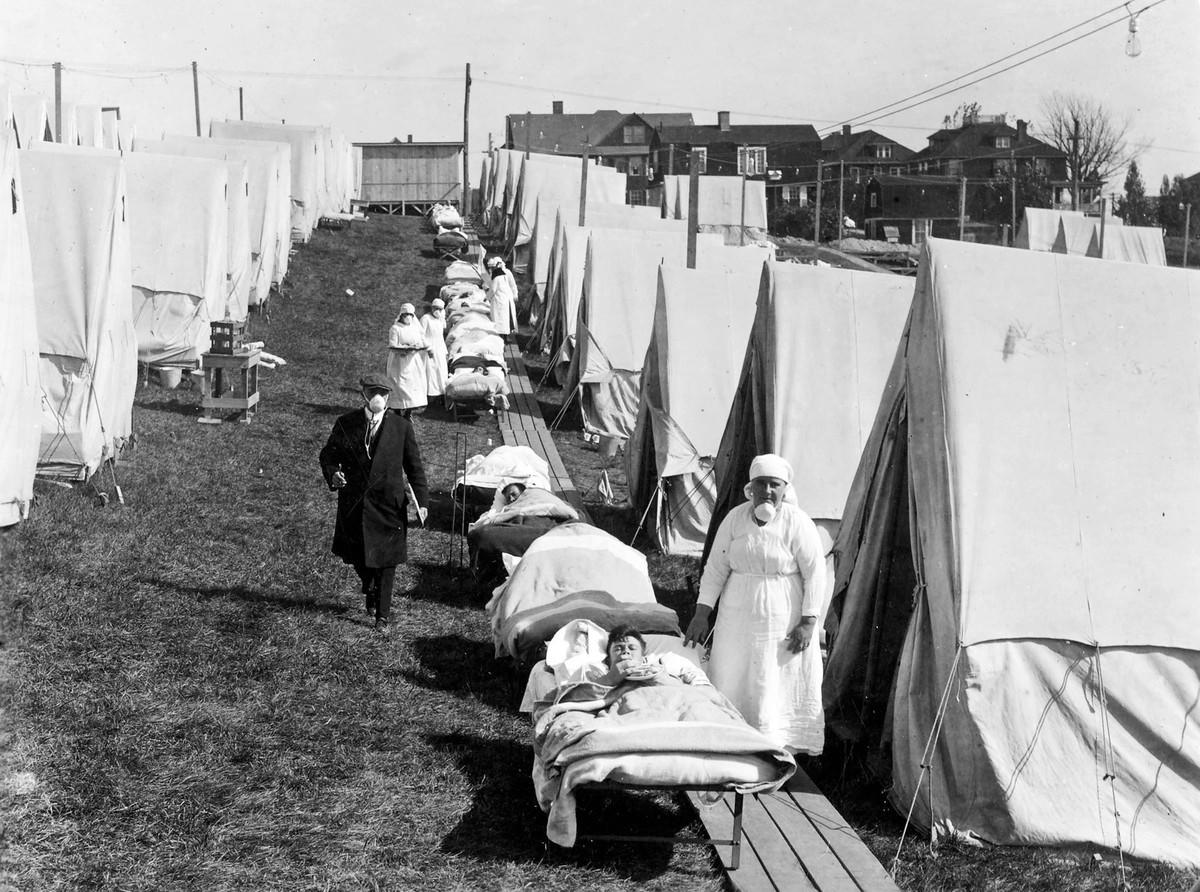Guest Post by Steve Lamb

More than 100 years ago, a worldwide pandemic moved from China to the entire Western World through in-sourced low wage labor, according to the research of one historian. As the Allies fought WWI, farmers were going to war, and as Napoleon said, “An army marches on its stomach.”
The Allies desperately needed chicken and pig farmers to raise food to be canned for the troops. Some 96,000 Northern Chinese farmers and menial laborers were imported. Everywhere they went a killing flu broke out and then made its way through human contact around most of the globe killing many more people (50 million) than the war casualties of WWI. The German, Austrian and Turkish populations were particularly hard hit, and the so-called “Spanish Flu” played no small part in the end of the war. The first lesson is that borders need to be medically controlled and that closed borders are safer than open ones, especially when there are wildly varying sanitary and health conditions between nations.






